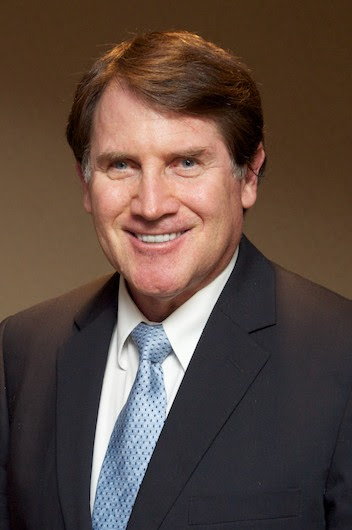In what might be the most puzzling FDA DTC study proposed to date, the agency wants to see if consumers can recognize deceptive claims in DTC ads. In this study FDA wants to create mock ads with deceptive claims to see if consumers recognize those false claims and evaluate how that affects their perceptions of and requests for the drug. FDA is concerned consumers might ask their doctor more often to prescribe a drug hyped with deceptive ad claims.

“I have problems with the proposed study.”
-Bob Ehrlich
I have problems with this proposed study on many fronts. First, how are consumers supposed to know what is in the approved label to decide what is deceptive? In the study proposal apparently the plan is to plant false claims on a mock website and see if consumers can spot them. So FDA will have consumers play detective like those games where you see two photographs slightly altered to spot the changes? I just do not get the method here or how consumers should know what is an approved, accurate claim. Does FDA want consumers to be the vanguard of regulation and report claims they think are deceptive? Is FDA going to staff a hotline to receive consumer complaints?
Second, the consumer relies on FDA to prevent deception. Drug ads are already the most scrutinized ads in America. Most ads are pre-cleared well before they run. Consumers expect the claims in an ad to be vetted by FDA so what is the study goal in purposely putting in deceptive claims to see how misled is the consumer? I don’t understand an agency testing what would be the result of their own failure to effectively regulate DTC.
Third, what possible help could this study provide in future promotional guidances? False claims are already prohibited. Each branded ad must meet strict FDA criteria for fair balance. A study that proves consumers can be deceived and might be unable to know they are being deceived proves what? Is FDA trying to prove consumers who do not know what is in the approved label can be easily fooled by rogue drug companies? This study might be more appropriate for supplements or other non Rx drug health products that often make unproven efficacy claims in their ads. FDA seems to be asking a question they already know the answer to. If a drug makes deceptive efficacy claims, it is going to be more appealing to consumers. Hello, my new drug cures cancer. You interested?
Fourth, just by doing this study FDA is promoting a negative attitude against DTC. To study purposeful deception is to imply there is a broad history and likelihood that drug companies will engage in false ad making. In 20 years of television DTC ads, there are a only handful of ads that overstated efficacy. Those ads were withdrawn and in a few cases corrective ads were required. In other words why study deception when it almost never happens in DTC ads? Most warning letters are over subjective elements like distracting music or scenes, not over false claims. FDA already has procedures to punish deceptive ads. Is this deeper understanding using mock deceptive ads going to make FDA a better regulator?
Consumers deserve accurate and balanced DTC ads. Any study which helps improve those objectives are welcome. In this case, measuring how well consumers spot false ads does not, in my view, add to better ad development or regulatory guidance.


No comments yet.